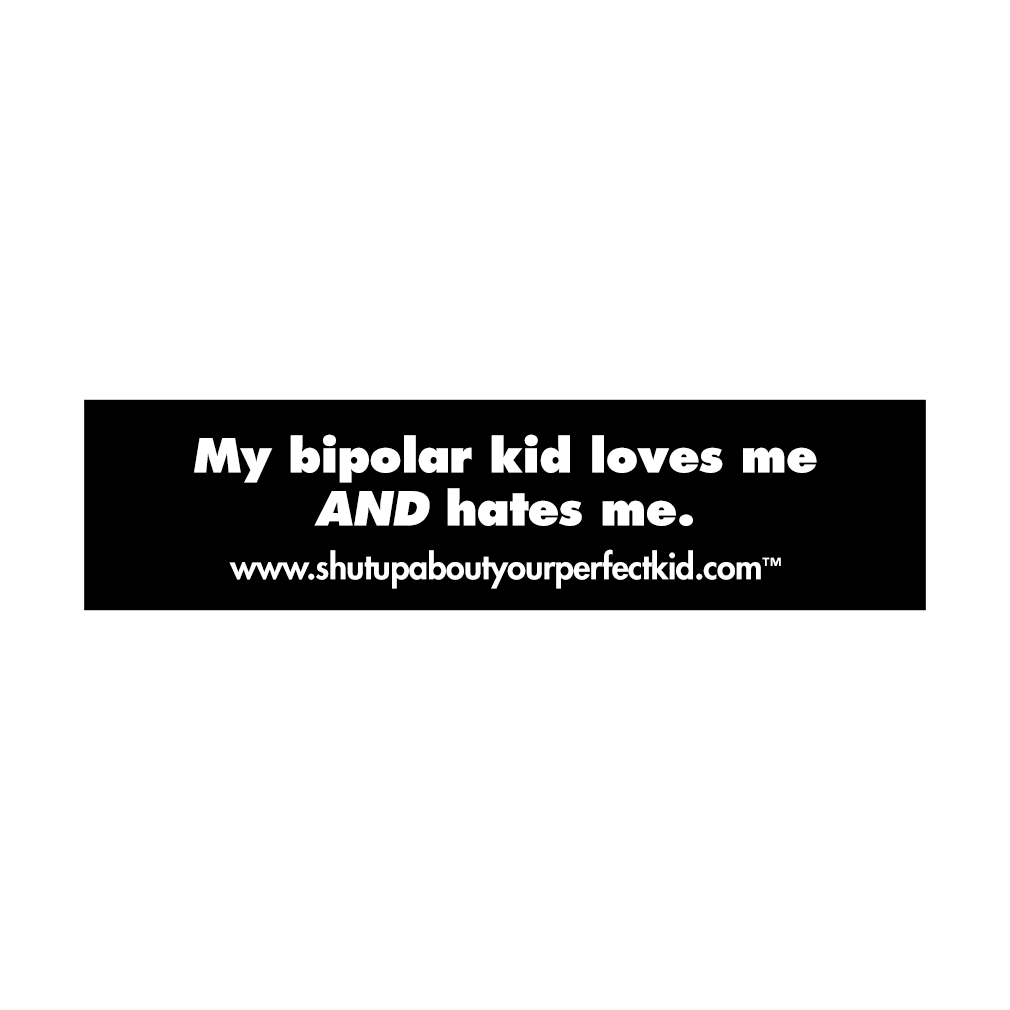An Imperfect Interview with Cynthia DeAngelis, M.Ed.
Back-to-school time. For some parents, it’s a time of great sadness, the end to lazy, homework and alarm-clock free days. For others, it’s a time of sheer joy.
I, of course, fall into the latter category. I’m that parent; the complex mother who loves her kids enough to throw herself in front of a bus for them, but sometimes fantasizes about throwing them on a bus. Any bus.
So after 48,000 eye rolls, 17,000 petty disagreements, and 87,000 incidences of my cellphone charger disappearing, I was really looking forward to the start of the school year for my 17-year-old daughter. Oh heck, who am I kidding? I was like Dick Clark, counting down the seconds until the little red van would drop in my driveway and take her to school leaving me all alone: just me and my cellphone charger.
Then the day finally arrived; the hallowed FIRST DAY OF SCHOOL. I skipped alongside my daughter to the van and introduced myself to her somewhat startled, but pleasant driver. “It’s nice to meet you, too, Mrs. Gallagher. I must say, you’re the first parent who’s ever hugged and kissed me.”
As I watched the van slowly back out of the driveway and my daughter pretend to ignore the kisses I was blowing to her, I was suddenly overcome with a feeling of sadness.
Where did the time go?
Then came the worries. So many worries.
What if she doesn’t have a good year and breaks down?
What if her teachers don’t understand her?
What if she doesn’t catch up on the skills she’s behind on?
What if she’s not ready to graduate in June?
Panicked and overwhelmed, I called a friend; a very bright and dear friend who just so happens to know a lot about imperfect kids and imperfect parenting, especially mine. That friend is Cynthia DeAngelis, an Educational Consultant and a very good listener. I like to think of Cynthia as Prozac without the scary side effects.
As she often does, Cynthia helped talk me off the parental ledge. And because my mother raised me to share, I have decided to share my “Cynthia Prozac” by doing a little imperfect Q&A with her.
So without further ado…
 Gina: Cynthia, why do so many special parents become neurotic at the start of the school year?
Gina: Cynthia, why do so many special parents become neurotic at the start of the school year?
Cynthia (Prozac): Well because they sense how worried their kids are and they know that transitions are often very difficult for special kids. Kids have what’s called “anticipatory” anxiety. They are fearful about so many things academically and socially – they don’t know their teachers, the homework situation, who they are going to sit next to, etc.
Gina: How can parents better understand their children’s school-related anxiety?
Cynthia (Prozac): One of the best examples I give to parents is this: Imagine you are going to start a new job and that your work day will be divided into seven periods with seven different bosses and seven different desks and co-workers you’ve never met. Each boss has different expectations of you and different rules. How would YOU feel about starting that job?
Gina: How can we help our kids manage their anxiety?
Cynthia (Prozac): There are four things you can do:
- First, manage your own anxiety by grounding yourself in the moment. The truth is, that in this very moment nothing bad is happening! Breathe. Don’t move too quickly. Our kids are like
barometers for how we act and think, so if they sense your anxiety, they will become more anxious. - Then empathize with and validate their concerns. Period. Get out of your adult shoes and step into their smaller shoes by taking a moment to think about their actual experience. Then it will be easy to say something like “Oh yeah, it makes sense that you feel nervous.” Don’t invalidate their feelings by saying, “You’ll be fine. Don’t worry.” Supporting your child to be ‘known’ and understood is what will reduce their anxiety.
- Be genuinely curious and engage them in a conversation: “What was the last situation where you felt this nervous?” Explore how it turned out. Don’t ask leading questions. Make it a real conversation. Help them to expand their thinking repertoire. For example, if they say, “The teacher doesn’t like me,” ask how they know that. Child: “Well she was looking at me with a mean face.” You: [validate first] “Wow, that’s uncomfortable. Hmmm, let’s come up with all the reasons she may have had a mean face.”
- Brainstorm concrete actions/solutions. Ask, “Is there anything that I (or dad) can do to help you with this?” Stay curious and in the moment. “What would you like your teacher to know that would make it easier for you?”
Gina: How can we quell our own parental anxieties other than drinking LOTS of wine (not that I’ve done that or anything)?
Cynthia (Prozac): First, you need to validate your own feelings by acknowledging and accepting that it’s okay to worry. It’s what parents do no matter how old their children are. Heck, even when I was 50, my mother said, “Call me when you get home so I know you got home safely.”
Second, call friends who will understand and validate your concerns. That’s what I love about the “Shut Up” Facebook community. You can post a question and have other parents provide practical advice and support.
Even professional help can be essential. Wine may not be enough.
Gina: Lastly, how do we handle it when our kids come home from school upset?
Cynthia (Prozac): Again, it’s important to validate your children. Validating our children is a new and challenging skill. Most of us don’t have a good model for this skill, which requires practice and mindfulness. I spend a lot of time coaching parents on it.
What you can do behind the scenes is to share your child’s concerns with the school team, asking them to help you. Create an atmosphere where you’re working together to help your child. Make the concerns a team effort. Harness the collective wisdom of your team.
By the way, some of this wisdom comes from the many conversations I’ve had over the years with my therapist husband, Joe DeAngelis, LICSW.
Gina: Really? Clearly I need to visit your house more often. Well thank you. That’s great stuff Cynthia. You really are Prozac for imperfect parents. Tell me do you come in liquid form?










Love it. Brilliant tips, for all those anxious children.. and parents 😉 Thank you!